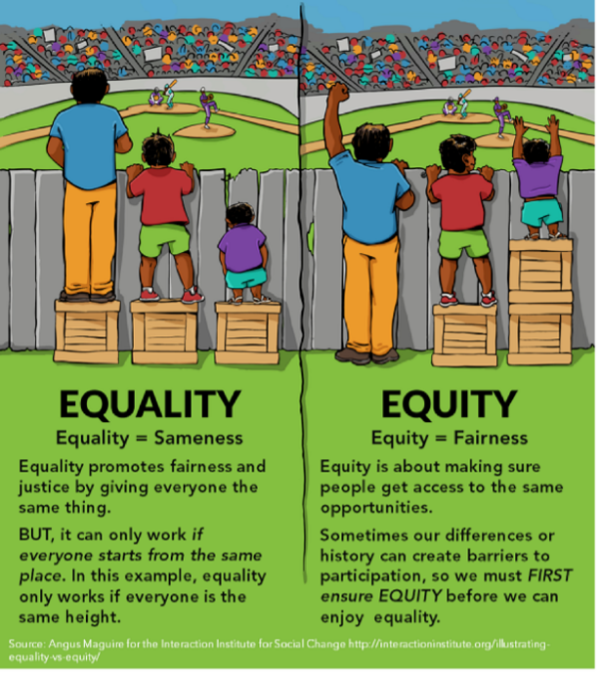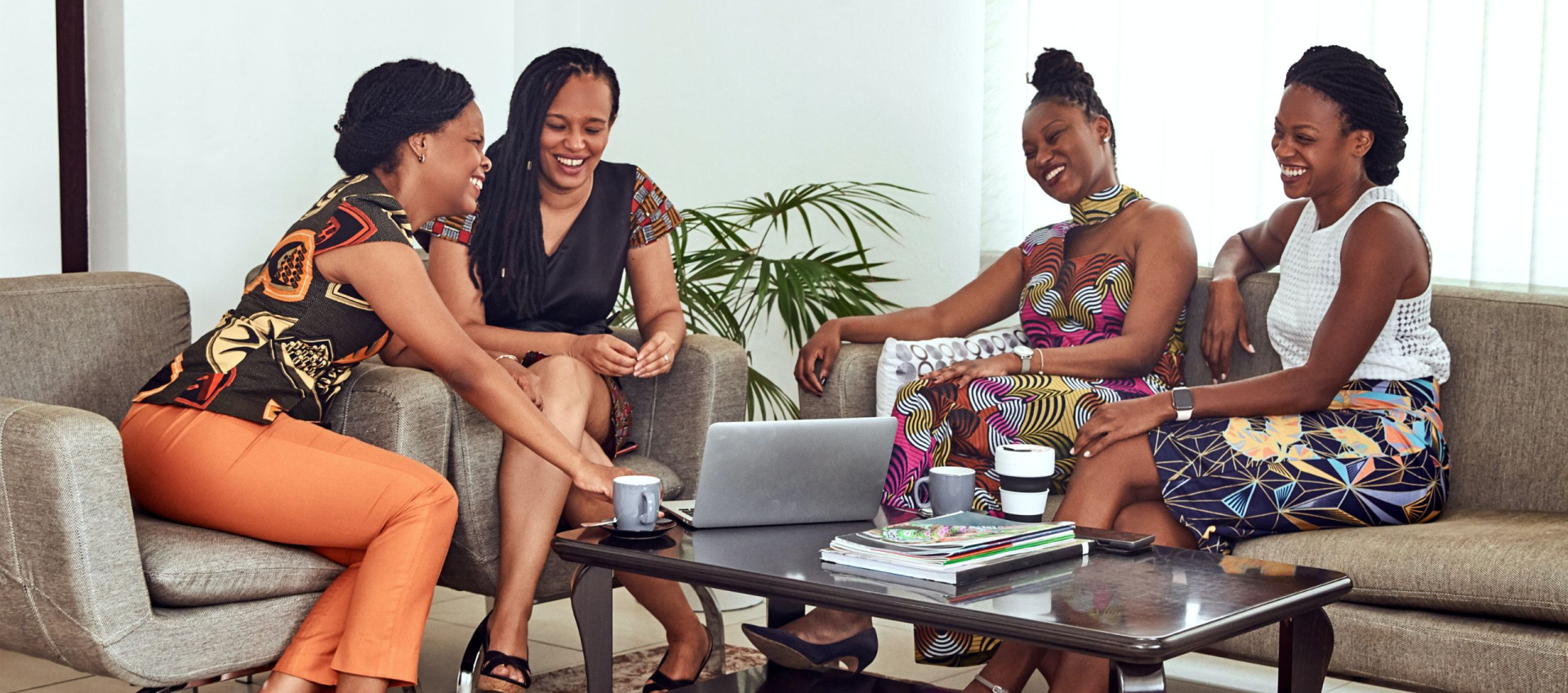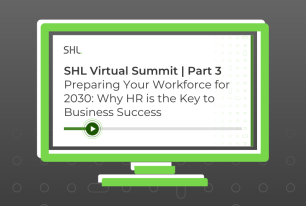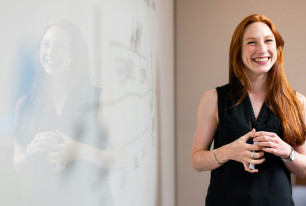What We Can Do to Collectively Achieve Gender Equity
In this blog, SHL’s Sian Kruger talks about what we all can do to close the gap of gender inequity and embrace equity in all forms.
Share
In this blog, we have the chance to talk with Sian Kruger, our Senior PMO Manager in South Africa about her experience building her career as a woman, what she thinks women and men alike can do to #EmbraceEquity in the workplace, and what women out there can learn from her experience.
In your opinion, what does it mean to embrace equity in our society, and why is it important for women specifically to work towards achieving it?
I will be honest with you. I have always confused the difference between equity and equality. So, I actually went and read up about it a little bit and I love this picture that I found, which is also shared by Lucy Adler in her blog, that describes the two of them.

Equality is sameness and equity is very much about fairness. It is about making sure that people get access to the same opportunities. Sometimes our differences or history can create barriers to participation. So, we must first ensure equity before we can enjoy equality. And that last sentence of this image landed really well with me because the idea is you need to be fair first to be the same.
In terms of where I feel like women in society really need to embrace equity is when they see things that are not fair, they need to speak up and speak out. I think often the problem is that we do not do this. For whatever reason, many of us keep quiet and just kind of accept it and move on. If one woman starts speaking up and speaking out, the others will follow. If enough people will follow, that is when we can make a change.
What are some of the biggest challenges you have faced as a woman in your personal or professional life, and how have you overcome them?
I think for me one of the biggest challenges I have faced is that I came into the workforce very young. Being a young woman, you are not taken seriously irrespective of your role, and you are very often, as we say in South Africa, flogged off.
One of the biggest things I can remember earlier on was when I worked for an Independent Industrial Psychologist, and I used to go out and assess on the mines—as a young woman going and assessing on a mine that is obviously predominantly male, male-lead, and male-driven. These men were looking at me and wondering what I was doing there as a young woman, and it made me feel very much out of place, even though I had been contracted to the mine for a particular purpose. Going through this at such a young age made me realize, it is very much a case of finding that confidence in yourself—you are here, you know what you are doing, you are qualified to be doing what you are doing, and just kind of keeping that confidence within yourself going through that experience and learning from it for the next time.
I know there are a lot of answers to the question, but I think what you said about finding confidence in yourself is the perfect answer because a lot of times people, especially young women, are really struggling with not being taken seriously early in their careers.
That is the thing! You make me think of another thing now, and it is so silly, but it will never leave my memory. I was standing at a coffee shop the one morning before work, just innocently standing there and an older gentleman walked up to me, gave me his business card, and told me that they were looking for a personal assistant (PA) and if you are looking for work, here you go. And I thought to myself, excuse you, just because I am young and a woman standing here, you immediately assigned me as a PA. Little did he know, I run a very successful project management office for the South Africa region, so just smiled at him and thought to myself, you can take your business card and keep it, thank you very much.
The issue with society is also the prejudice about young people, not only women but also men. Just because you are young and perceived as inexperienced, you are underestimated. And that is precisely why I think confidence is really important.
In terms of where I feel like women in society really need to embrace equity is when they see things that are not fair, they need to speak up and speak out.
How do you see the role of men in achieving gender equity, and what do you think they can do to become better allies to women in the workplace and beyond?
The role of men in achieving gender equity is very much to be the people that call it out as well. So again, to speak up. If they see a colleague not being treated fairly because of their gender, do not stay quiet about it. Another thing is by being allies to women—embrace them, do not try to overshadow nor overpower them. Give them the space, the stage, and the credits where they deserve. When you are privileged, it is easy to be indifferent as the issue does not affect you directly. That is why it is also important to start feeling and thinking “I care about this issue, and I want to care about it”.
What advice would you give to women who are just starting out in their careers or who are trying to make their voices heard in their communities?
I think my biggest piece of advice to them would be to not give up, to keep going, to keep sticking their head where it may not necessarily be welcome or wanted, and to put their voice out. Do not back down because then you are only accepting it, while you should not. Just keep pushing because it will yield a positive result at the end of the day.
It goes back to my answer about confidence. If you know your value and believe in it, it will also come off in your behavior and your attitude, and people can see that. There is nothing more charismatic than a person who walks into a room projecting confidence. People will respect you and will want to work with you.
Organizations are starting to understand the value of inclusivity, but it is still a fine line to walk on. There are still many unconscious biases around it whether we realize it or not.
Enjoy reading this blog? Check out our other resources on how to empower women in the workplace, embrace equity, and ensure inclusion in your organization!









